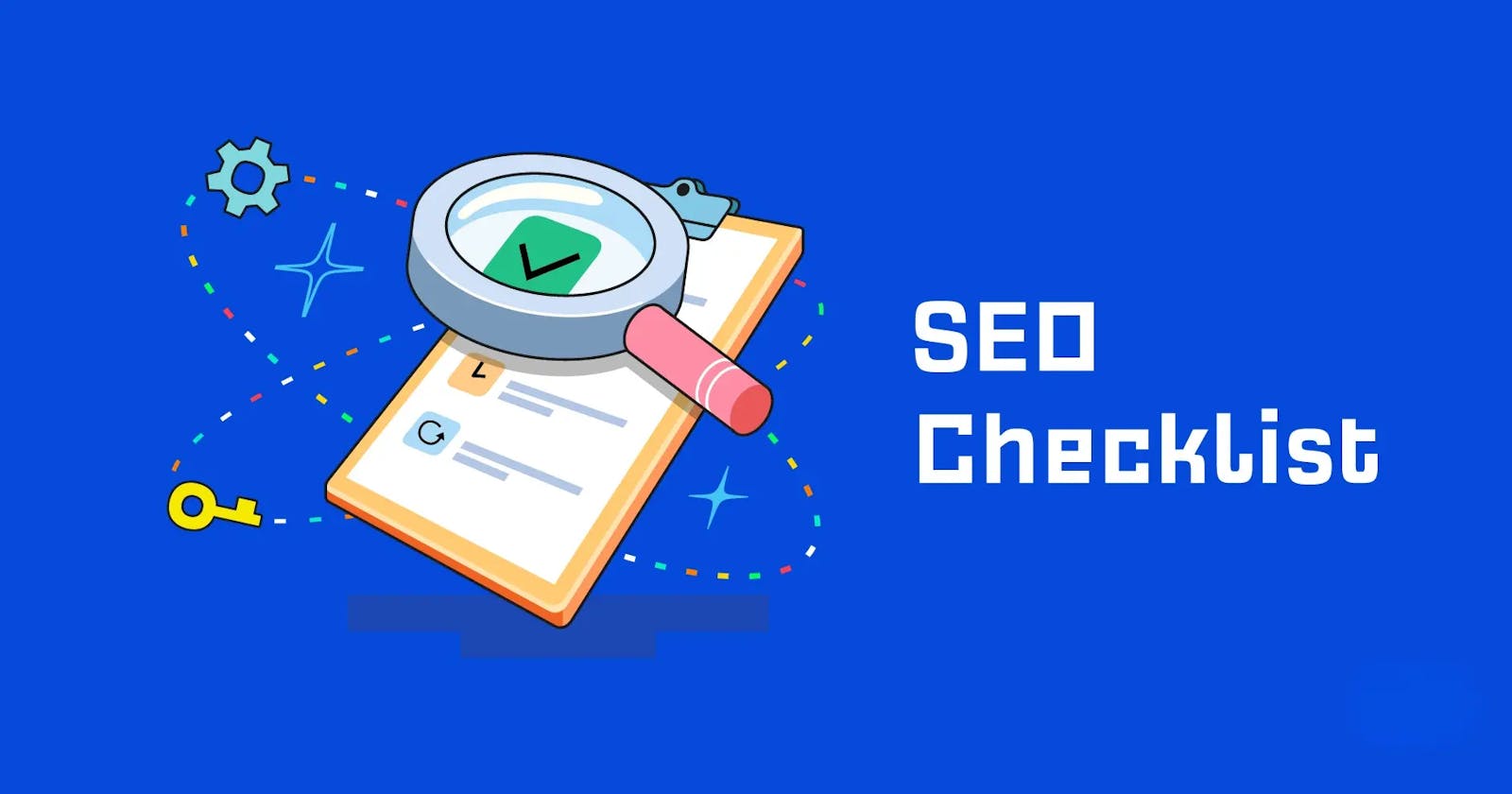Table of contents
If you are using WordPress to run your website, you are in luck because it is an excellent platform for technical SEO. With a few tweaks and optimizations, you can improve your website’s visibility, ranking, and traffic. In this article, we will discuss everything you need to know about WordPress for technical SEO.
Introduction to Technical SEO
Technical SEO refers to the process of optimizing the technical aspects of your website to improve its ranking and visibility in search engines. It includes a wide range of activities, such as optimizing your website’s structure, improving page speed, fixing crawl errors, implementing structured data, and more. Technical SEO is essential for any website that wants to rank higher in search results and attract more organic traffic.
Why WordPress is Great for Technical SEO
WordPress is a powerful content management system that comes with many built-in features that make it easy to optimize your website for search engines. Some of the key reasons why WordPress is great for technical SEO include:
WordPress is SEO-friendly out of the box
WordPress allows you to customize your URLs, titles, and meta descriptions
WordPress has many SEO plugins that can help you optimize your website
WordPress is mobile-responsive and has fast page speeds
Optimizing Your WordPress Site for Technical SEO
Now that you know why WordPress is great for technical SEO let’s dive into how to optimize your WordPress site for better search engine rankings.
Setting up SEO-Friendly URLs
URLs play a crucial role in search engine optimization. You should aim to create SEO-friendly URLs that are easy to read and include relevant keywords. In WordPress, you can customize your URLs by going to Settings > Permalinks. Here, you can choose the format of your URLs and customize them to include your target keywords.
Optimizing Your Titles and Meta Descriptions
Titles and meta descriptions are the first things that users see in search engine results. They should be descriptive, engaging, and include your target keywords. In WordPress, you can customize your titles and meta descriptions using an SEO plugin like Yoast SEO or All in One SEO Pack.
Optimizing Your Content
Content is king when it comes to SEO. You should aim to create high-quality, engaging, and informative content that includes your target keywords. You can use an SEO plugin like Yoast SEO to optimize your content for search engines. This plugin provides a readability score, keyword density analysis, and other helpful features to improve your content’s quality and SEO.
Improving Your Page Speed
Page speed is a critical factor in SEO. A slow-loading website can hurt your rankings and user experience. Fortunately, WordPress makes it easy to improve your website’s page speed. You can use caching plugins, optimize your images, minify your code, and more to speed up your website.
Fixing Crawl Errors
Crawl errors occur when search engines can’t access or index your website’s pages. These errors can hurt your SEO and prevent your website from ranking higher in search results. You can use an SEO plugin like Yoast SEO or Google Search Console to identify and fix crawl errors on your website.
Implementing Structured Data
Structured data is a way to provide search engines with additional information about your website’s content. This can help your website appear in rich snippets and other enhanced search results. You can use an SEO plugin like Yoast SEO to implement structured data on your website.
Conclusion
In conclusion, WordPress is an excellent platform for technical SEO. By optimizing your URLs, titles, meta descriptions, content, page speed, crawl errors, and structured data, you can improve your website’s visibility, ranking, and traffic. Whether you’re a beginner or an experienced SEO professional, you can use WordPress to take your website’s SEO to the next
